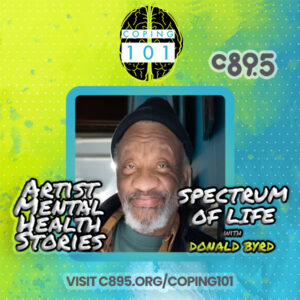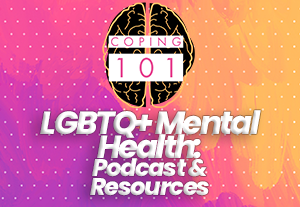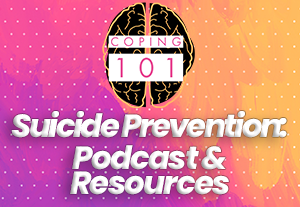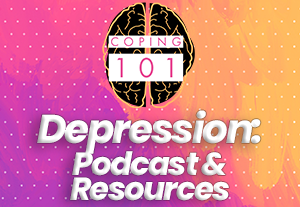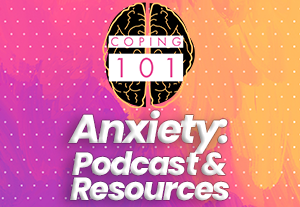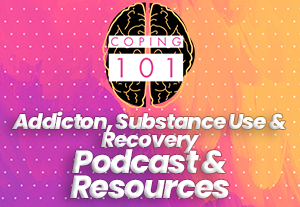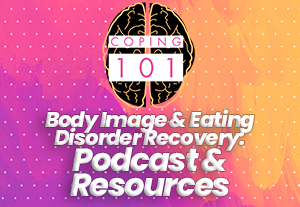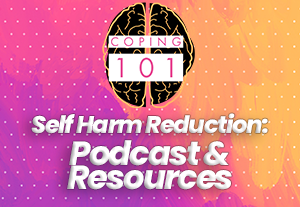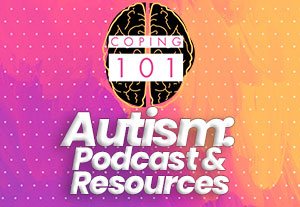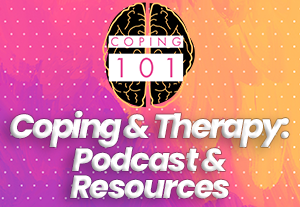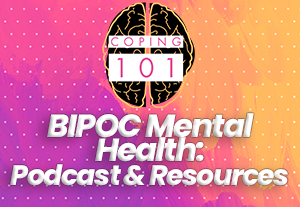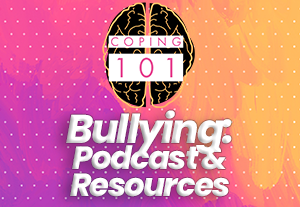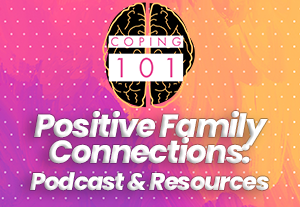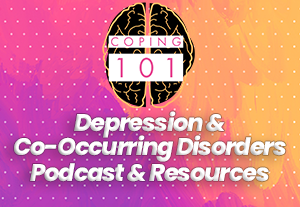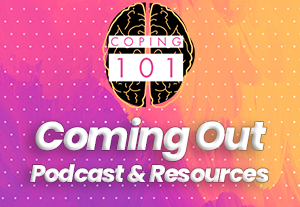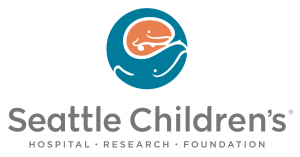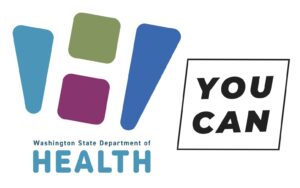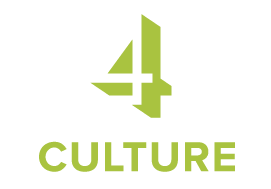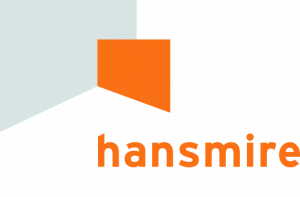A student-led podcast destigmatizing mental health
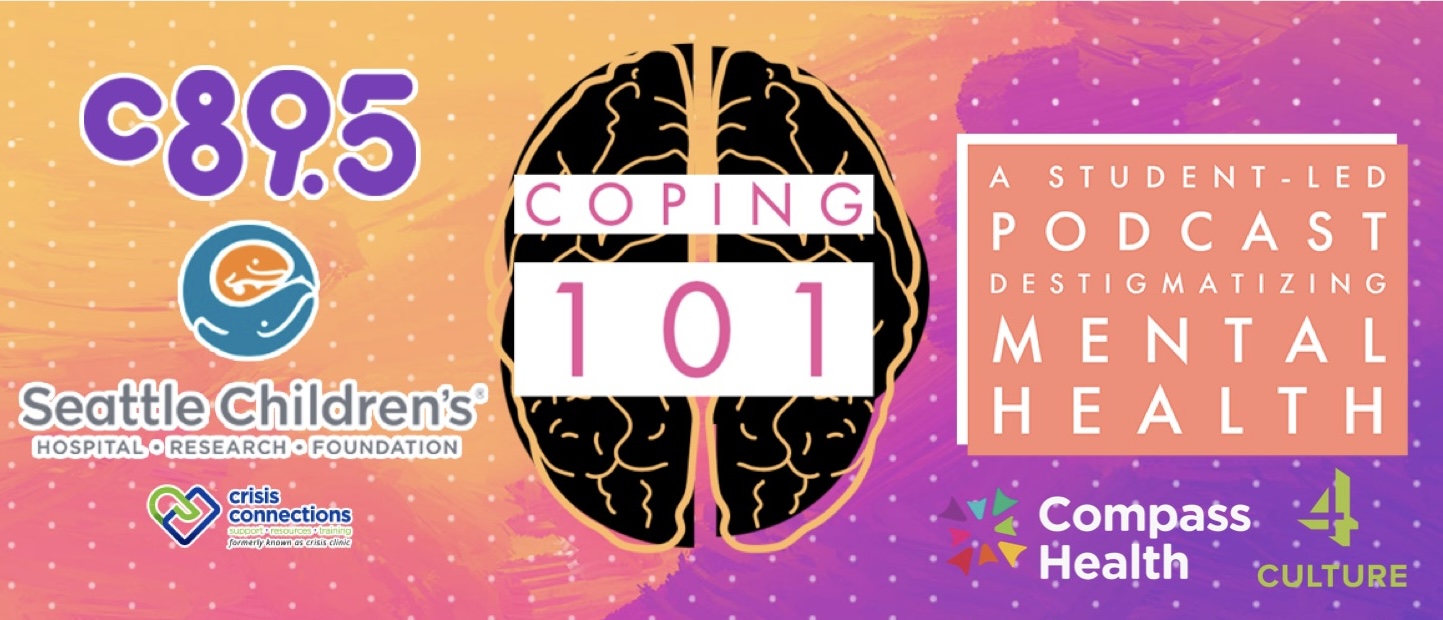
If you or someone you know is in emotional crisis and needs immediate help, call the Crisis Connections 24-hour hotline at 866-4Crisis (866-427-4747)
Quick Reference Crisis Guide from Seattle Times Mental Health Project – Who to call and when, how to navigate a mental health crisis situation and more.
Explore these latest student-hosted episodes, along with education and resources provided by our partners.
UW Athletics partnered with Forefront Suicide Prevention to pioneer one of the first athlete focused suicide prevention training programs in the country. University of Washington football player, Paul Mencke Jr, volleyball players Elise Hani and Katy Wessels, and Director of Psychological studies, Dr. Kelly Schloredt, sat down with us to discuss this important athlete training that takes place off the field.
 Amazon MusicAmazon Music
Amazon MusicAmazon Music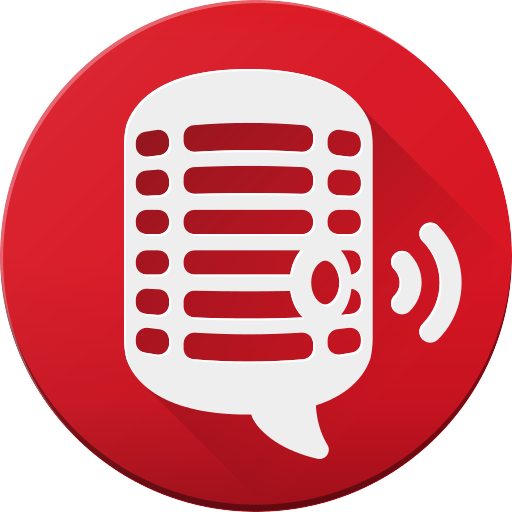 PlayerFMPlayFM
PlayerFMPlayFM SpotifySpotify
SpotifySpotify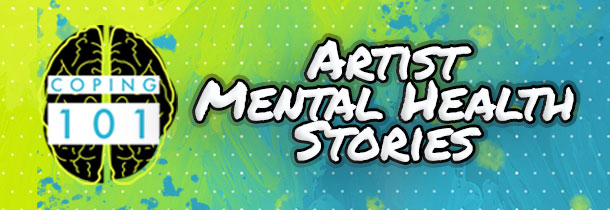
Coping 101 is an award-winning student-led podcast from c89.5 in partnership with Seattle Children’s, 4Culture and other community-minded partners, where high school hosts get real about mental health. Through honest conversations with peers, Artists and behavioral health professionals, they break down stigma and share tools for coping with life’s challenges — because no matter your age or background, we all struggle sometimes, and there are healthy ways to cope.
Click HERE to download Where to Turn for Teens – a comprehensive resource guide created by Teen Link specifically for youth who are seeking personal empowerment with the support of others.
